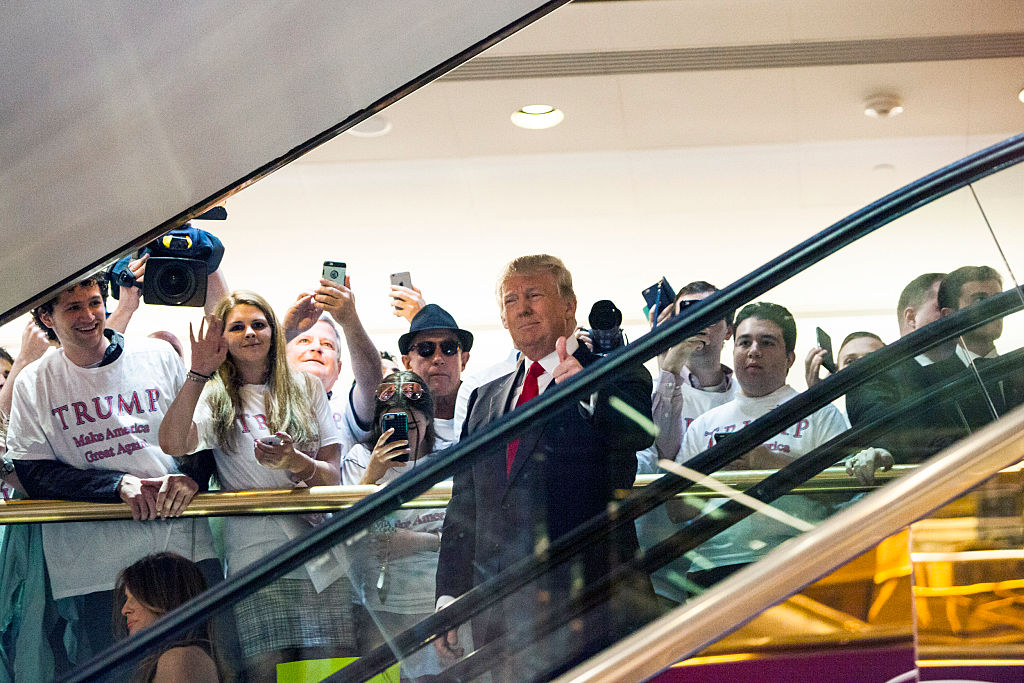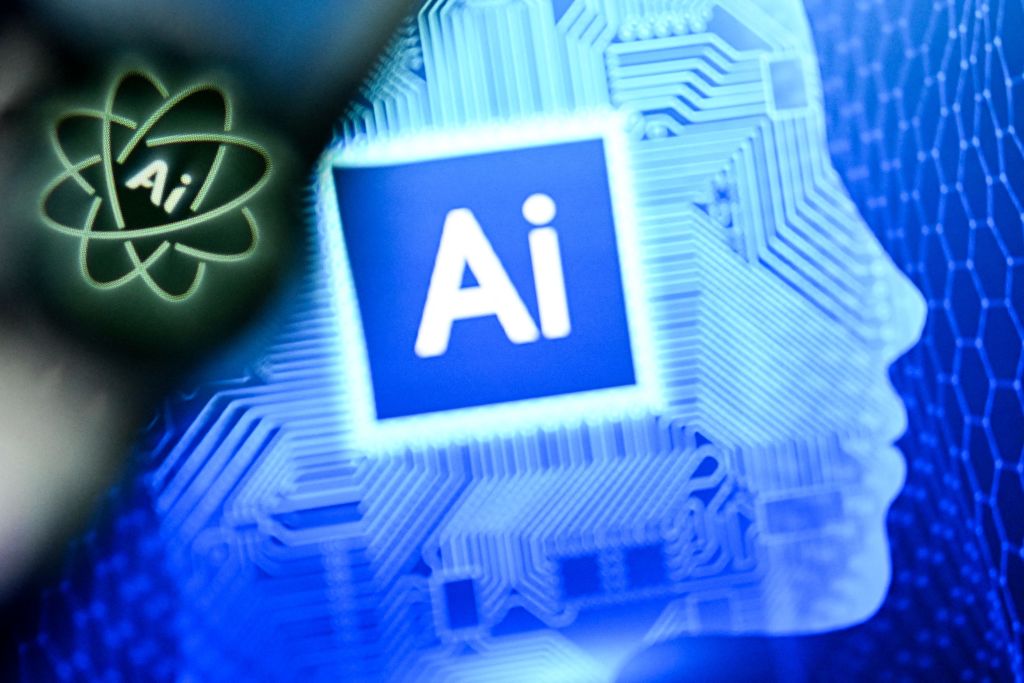So pack it all in then. Away with the wisecracking butterfly that sits on your shoulder during work meetings. Out with the Gamorrean Guards who play Texas Hold’em with you around a floating table.
The metaverse, Mark Zuckerberg’s fever dream of a virtual-reality infused world, is dead. That’s assuming it was ever alive and kicking in the first place.
To assess just how “real” the metaverse ever was, we need to go back to its inception in the fall of 2021. That was when Zuckerberg released a video of himself in suspiciously Steve Jobs-esque garb — black shirt and pants, sneakers — tooling around what he called a “home space” that brimmed with holographic bric-a-brac.
This, he announced, was the metaverse, before dashing off to a space station inhabited by a purple robot and watching a wall seethe with 3D graffiti while apparently not under the influence of drugs.
In hindsight, the video seems chiefly like a ploy for Zuckerberg to pretend he has friends. But at the time, many observers, including this writer, took it very seriously. In the space of just fifteen years the Silicon Valley bros had dramatically changed the way we lived, interacted, even defined the word “friend.” If they were now saying that the future was holographic, shouldn’t we take them seriously?
Perhaps not. Since Zuckerberg’s trailer the metaverse has gone from one of the most hotly debated tech topics to the butt of a million Silicon Valley jokes. In March, his company, Meta, née Facebook, all but acknowledged this by announcing that its hot new investment was in artificial intelligence. The metaverse had been sidelined. Mere days later, the Disney corporation liquidated its metaverse division, which was planning to bring to life exciting new stories about holographic gender-fluid princesses.
That right there was one of the biggest reasons why some of us thought the metaverse might catch on. Americans right now are obsessed with the question of whether they’re defined by biology. The metaverse, in theory anyway, would have allowed each of us total fluidity, the ability to construct our own hand- crafted identity. Do you identify as a twenty-foot ogre with titanium tentacles jutting out of your back? There’s an avatar for that! The metaverse might have sounded silly, but then American culture is also silly, and to that end modifiable holograms seemed like an idea whose time had come.
So what happened? The easiest answer is that the project’s signal achievement was to light untold quantities of money on fire. Reality Labs, which was responsible for creating the metaverse, managed to lose $24 billion in just two years. This, rather understandably, had some of their shareholders a tad concerned.
But beyond those baseline numbers, it appears the metaverse was simply too ambitious a project in service of too dwindling an audience. Multiple tech writers have noted that in order for the metaverse to be realized, enormous leaps in virtual reality technology would be needed. VR glasses would have to become like the iPhone, easily accessible and able to run all day without being plugged in. And unlike the iPhone, they would also need to seamlessly integrate their content into the world around them, becoming the most immersive device ever to be developed.
That’s a tall ask and right now the technology simply isn’t there. Zuckerberg might have continued to throw money into developing it, but then interest in the metaverse peaked in late 2021 and there’s no guarantee it will ever again reach its previous height. So Big Zuck decided to pivot. When it comes to AI, the technology exists, the interest is palpable and the real-world uses are seemingly limitless. Meta has long been a major player in the AI field; better to double down on what you know than go charging at (3D polka-dotted) windmills.
And so the rest of us who are mere day laborers in the tech moguls’ vineyards should take stock of our losses. I’ll never be able to send an army of holographic Ninja Turtles to the offices of this magazine’s competitors. Beyond that, we’re left no richer in wisdom. Because the last time Zuckerberg successfully reinvented our universe, with Facebook, the revolution left behind consequences we’re still struggling to manage. Online bullying. A spike in teenage girl suicides. Riots planned on social media. The rise of strange-sounding and sometimes violent subcultures: incels, antifa.
What both the metaverse and the shift toward AI show is that Zuckerberg has learned nothing. His instincts point only onward, toward the next innovation. AI, too, if successfully realized, will bring about immense change, some of it surely positive, some of it negative and destabilizing. Yet sorting out these disruptions isn’t of interest to the tech giants. If ChatGPT bots start coercively professing their love to New York Times reporters, as one did back in February, well, that’s just how it goes.
What we are seeing now is what the thinker and economist Joseph Schumpeter called “gales of creative destruction,” capitalism’s innovative knack for demolishing the old and replacing it with the new. Yet just as Schumpeter worried that disruptions of this progress could see capitalism cannibalize itself, it is worth asking now whether our tech innovations are moving too quickly.
We may not be hurled into the metaverse, but in fact AI potentially poses even more daunting problems. As for Meta, it occasionally calls to mind the words of the great Renaissance man Ian Malcolm in Jurassic Park: they “were so preoccupied with whether or not they could that they didn’t stop to think if they should.”
This article was originally published in The Spectator’s May 2023 World edition.

























